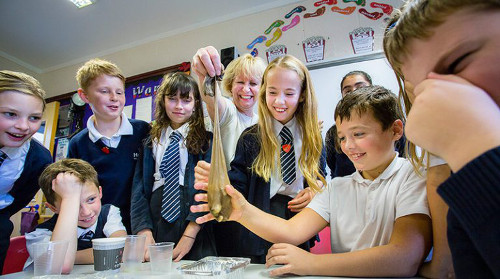Sustainable Cities and Society, Volume 29, 1 February 2017
The expansion and operation of water supply systems under growing demands, hydrologic variability, and water scarcity requires strategic decisions on supply sources for reducing and improving reliability and flexibility. The design and operation of such supply portfolio merits decisions of what and when to expand, and how much of each source to use considering interest rates, economies of scale and hydrologic variability.
Elsevier Connect, February 2017
Elsevier Connect, 19 January 2017


